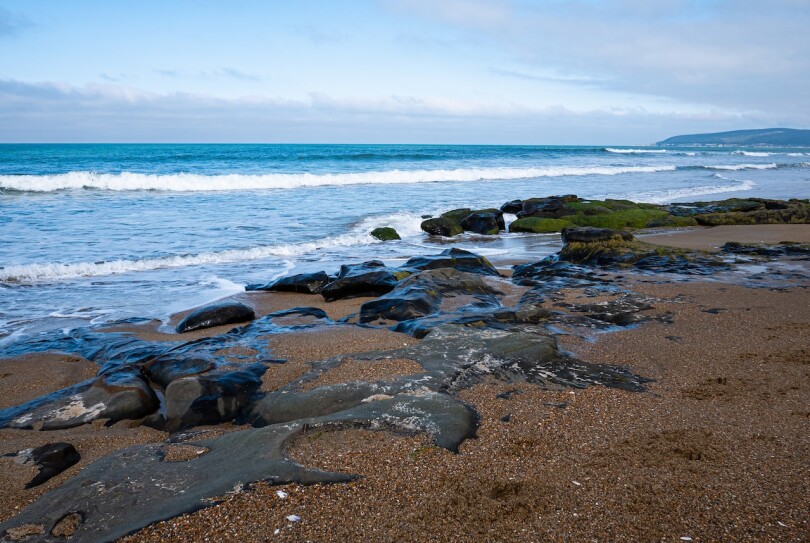3 Innovations from the International Horticultural Expo.
29 Apr 24
Enviro ChatThe Global News Source for the World of Science and Chemicals
08 August 2023
Enviro Chat
How Is the UAE Reducing Oil Spill Risks?
The UAE’s Ministry of Energy and Infrastructure has announced it will be introducing tighter legislation surrounding the insurance of tankers, cruise ships and other marine vessels. In recent years, there has been an alarming rise in the number of “ghost” tankers operating in the area, which are less tightly regulated by international laws.
Due to their laxer regulations and safety protocols, these vessels have contributed to a correspondent increase in the number of accidents and spills. As such, the stricter insurance criteria are expected to not only make the UAE more compliant with global requirements, but also reduce the risk of such undesirable outcomes in the future. Ghost tankers on the rise
Western-imposed sanctions on such countries as Iran and Russia have prompted their fuel sectors to seek out alternative transportation options operating outwith international regulations. This has contributed to a spike in collisions, groundings or near misses of vessels carrying crude oil or other petroleum products.
At least eight such incidents were recorded in 2022, which is the highest volume in years and equal to the three previous years combined. One of the incidents involved the Linda I tanker, which was detained by Spanish authorities for listing towards other anchored vessels due to a navigation fault and for not carrying the appropriate exhaust gas cleaning systems.
The exact number of vessels operating in the so-called “dark fleet” is unknown, but is estimated to consist of as many as 650 ships. A not-insignificant percentage of those are believed to be operating in Emirati waters and under the Emirati flag, prompting action from the UAE authorities. Tightening up the ship
In order to address the issue, the Ministry has announced plans to tighten regulations for all insurers which do not belong to prominent International Group of vessels insurers, known colloquially as P&I clubs. This group covers approximately 90% of the world’s fleet, but the number of vessels in the Middle East which do not carry top tier insurance or safety certification has grown in the past decade.
Therefore, the Ministry is now demanding that all ships that are not operating under the P&I umbrella will have to show evidence that they belong to a recognised regulatory body. They will also have to supply details of any major insurance claims (totalling more than $10 million) that they have experienced.
By tackling this issue head-on, the Ministry hopes to escape punishment from the Financial Action Task Force (FATG), which recently placed the UAE on its “grey list” of countries to keep under surveillance. At the same time, it’s hoped that the clampdown on the parallel shipping trade will also enhance safety and reduce the risk of spills and accidents.
DOWNLOAD PDF

2 Day Seminar Program
@ ArabLab+ 2024
24 & 25 September 2024
22 Apr 24
Lab ChatYour stay in Dubai
Labkit
Product News
Chemkit
Product News
Thinking about exhibiting at ARABLAB 2024? Watch our video to find out more.
Join the world’s leading organisations…
Join our mailing list and receive the ARABLAB newsletter and event updates.